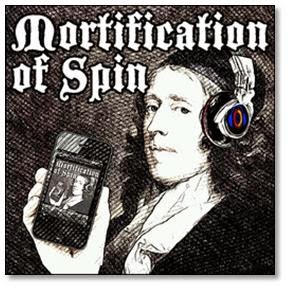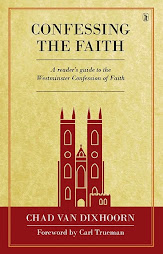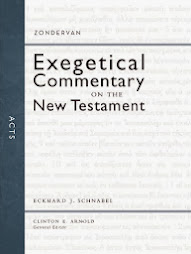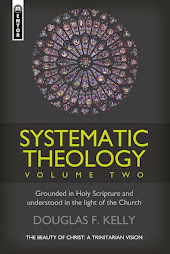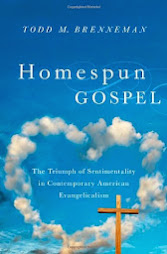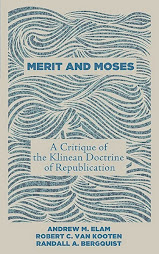
Blessed be the God and Father of our Lord Jesus Christ, the Father of mercies and God of all comfort, 4 who comforts us in all our affliction, so that we may be able to comfort those who are in any affliction, with the comfort with which we ourselves are comforted by God. 5 For as we share abundantly in Christ’s sufferings, so through Christ we share abundantly in comfort too. 6 If we are afflicted, it is for your comfort and salvation; and if we are comforted, it is for your comfort, which you experience when you patiently endure the same sufferings that we suffer. 7 Our hope for you is unshaken, for we know that as you share in our sufferings, you will also share in our comfort.
8 For we do not want you to be ignorant, brothers, of the affliction we experienced in Asia. For we were so utterly burdened beyond our strength that we despaired of life itself. 9 Indeed, we felt that we had received the sentence of death. But that was to make us rely not on ourselves but on God who raises the dead. 10 He delivered us from such a deadly peril, and he will deliver us. On him we have set our hope that he will deliver us again. 11 You also must help us by prayer, so that many will give thanks on our behalf for the blessing granted us through the prayers of many.- 2 Corinthians 1:3-11
Paul writes about the value of difficulties, pain, and suffering that God may call us to endure from time to time in our Christian service. The Lord mingles our cup very tenderly and graciously with joy and sorrow, testing and pleasure. But from time to time he does call every true servant of his to go through dark places; it is especially this situation that seems to be in view in 2 Corinthians...
Normally the apostle dwells on God's blessing to the church, as he does in 1 Corinthians and 1 Thessalonians; here he does not dwell on what God has done in the lives of the Corinthians, but on what God had done in his own life. Now why does he take this tack in the introduction? The reason is that in verses 3-7 Paul is giving thanks for what God has done in his life in precise connection with the pain that these Corinthians had caused him. He is saying, "You've hurt me but I can even thank God for the hurt that you caused me because good has come out of it." It is a word of grace and forgiveness to this church; it takes a generous and big-hearted man to utter such a word. "You hurt me but God enlarged me through this and further blessings will come to the church through this." (p. 24)


























